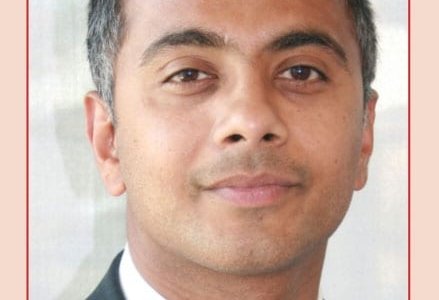An interview with Vivek Ramachandran, Head of Cash & Trade, Barclays Corporate

This month’s Executive Interview features Vivek Ramachandran, Head of Cash & Trade at Barclays Corporate. An important element of the reorganisation within the group has been the creation of Barclays Corporate, with a view to delivering cohesive solutions to corporate customers. In this interview, Vivek discusses some of the key trends relating to cash, liquidity management and trade in the current climate. He joined Barclays in August 2008 to head the Cash and Trade team within Barclays Corporate. Prior to joining Barclays, he held various senior management roles and began his career as a management consultant with Marakon Associates, covering the financial services sector, with clients across Western Europe, Asia and the US.Vivek has a PhD in Economics from Carnegie Mellon University, Pittsburgh, USA, where he both studied and taught.
How is the current crisis in southern Europe affecting treasurers’ approach to cash management?
The past 12-18 months have seen corporate treasurers adopt a ‘back-to-basics’ approach to ensure that the company has sufficient liquidity to continue its activities during the economic downturn. A key lesson from the financial crisis is that corporates need better control of and access to liquidity. In our experience, many treasurers do not know exactly how much cash they have or have difficulty accessing it when they need it.
Large corporates are rethinking how to make best use of their cash, with their search for security, liquidity and yield prompting them to increase the focus on their cash management practices. Given the current market uncertainty, there is a huge premium on security of cash; this is not to say that treasurers are ignoring the potential for earning a return on surplus cash, but security of capital is non-negotiable. This creates a challenge for corporate treasurers, emphasising the importance of making cash management and investment decisions that achieve the right balance of risk and reward. For example, sovereign risk is now a greater issue than in the past, which impacts on the counterparty banks with which a treasurer may choose to hold funds.
Sign up for free to read the full article
Register Login with LinkedInAlready have an account?
Login
Download our Free Treasury App for mobile and tablet to read articles – no log in required.
Download Version Download Version






























